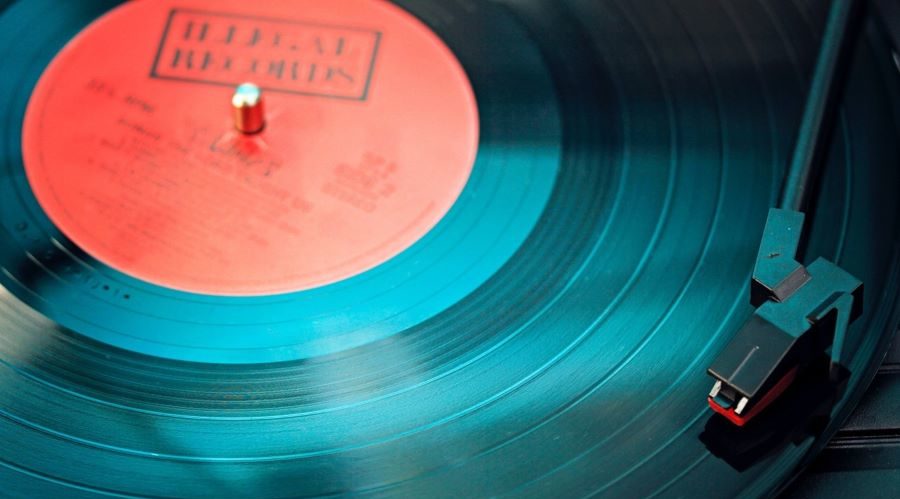
Are you aware that recording or writing down a unique song automatically gives you the copyright to that piece of music? As a copyright owner, you have the right to decide who uses your song, how it’s played, and when it should be played.
You don’t need to officially submit your musical work to a government agency to secure UK copyright protection; it only needs to satisfy certain criteria that will be discussed in this article.
What does music copyright mean?
In the UK, music copyright is enshrined in the Copyright, Designs and Patents Act 1988, a law that was designed to protect music creators from exploitation. It also gives content creators the opportunity to get paid for their written and recorded music.
An original piece of music creates two rights. The first attaches to the composer of the piece of music which is also described as a publishing right. In the case of songs, the songwriter who wrote the lyrics also acquires this right. Where two or more individuals compose the music and/or write the lyrics, they share the publishing right.
The other copyright in a music piece is the sound recording right. This right is owned by the artist(s) who actually perform the music.
Copyrighting your music in the UK
While you own a copyright to any song you wrote or recorded, provided that it’s tangible and unique, that does not guarantee that you’ll be paid a royalty. To get a royalty from your music, it’s imperative that you have evidence of creation and ownership of the music piece. You can do this, for example, by storing the recorded music in a bank or mail it to yourself or a friend. However, the evidence must be sealed and time-stamped to be admissible in court as legal proof in the case of litigation.
Here’s a simple step to establish your ownership of a music recording.
- Write the lyrics of the song down.
- Write the song’s melody and chords.
- Record a demo and music video.
- Privately upload your recording to a music sharing platform like YouTube, SoundCloud etc.
- Join a music collection society.
Rights held by copyright owners in the UK
You can earn royalties from your music by capitalising on exclusive rights held by copyright owners, including:
1. Right to reproduce copyright work
In a world where non-copyright music seems prevalent with content creators, most professionals still prefer copyrighted music for quality and legal reasons. As a copyright owner, you can take advantage of this by reproducing your work and making it available for use on different streaming platforms. Your right to issue music streaming licences isn’t just limited to online music streaming services, but also extends to radio stations, TV broadcasts and other similar platforms.
Technically, the Copyright, Designs & Patents Act 1988 considers that both a sound recording and the underlying musical work are being reproduced when streamed on a music streaming platform; as such, streaming platforms must obtain a licence from copyright owners to reproduce a piece of music before uploading to their site.
2. Prepare derivative works of a copyrighted work
UK copyright law permits only the copyright holder of a musical composition to legally create a derivative version of a musical piece. A musical work including copyrightable components of another musical work is a derivative work.
Where someone wishes to create a derivative work of a composition, they must obtain a master use licence from the master right owner, and a synchronisation license from the music composer.
3. Distribute copyrighted music copies to the public
UK Copyright law doesn’t just permit music creators to reproduce their music, but also gives them the right to distribute it anyhow they deem fit. Although copyright law hasn’t yet properly addressed music distribution in contemporary society, some sections of the act have been re-interpreted to adapt to digital age inventions through music streaming payouts.
4. Publicly perform musical works
The author has an exclusive right to publicly perform the piece of music. It doesn’t necessarily mean the performance should be done by a living person—any type of public broadcast in public will suffice. This includes performances, live shows, TV/radio broadcasts, and live performances in events.
5. Publicly display the musical work
A lesser-known right is the right to publicly display a musical work, eg sheet music.
How long does copyright last in the UK?
Copyright protection starts as soon as a piece of music is created. Upon expiration of copyright, anyone can copy or use your work without prior notice.
UK copyright law protects sound and music recordings for 70 years from the date it was published.
Stopping people from using or licensing your sound recording
The onus is on you to defend your copyright material against any type of infringement. Others are required to notify you and obtain requisite licences before using or distributing your intellectual property.
If you notice that someone else has licensed, or is in the process of licensing it, you can take one of the following actions:
- Claim any license fee that was paid to the claimed copyright owner.
- Request that the licence application is stopped.
If there’s any dispute about licensing, then request that your Collecting Society contacts the Copyright Tribunal to adjudicate the dispute.
In summary
The Copyright, Designs and Patents Act 1988 is the only UK copyright law that gives creators of musical works the right to decide who distributes and uses their intellectual property. To take advantage of this law, you should appropriately acquaint yourself with its terms, understand how it can help increase your income from your sound recordings and take requisite steps to protect your intellectual property.
Image via Pexels.